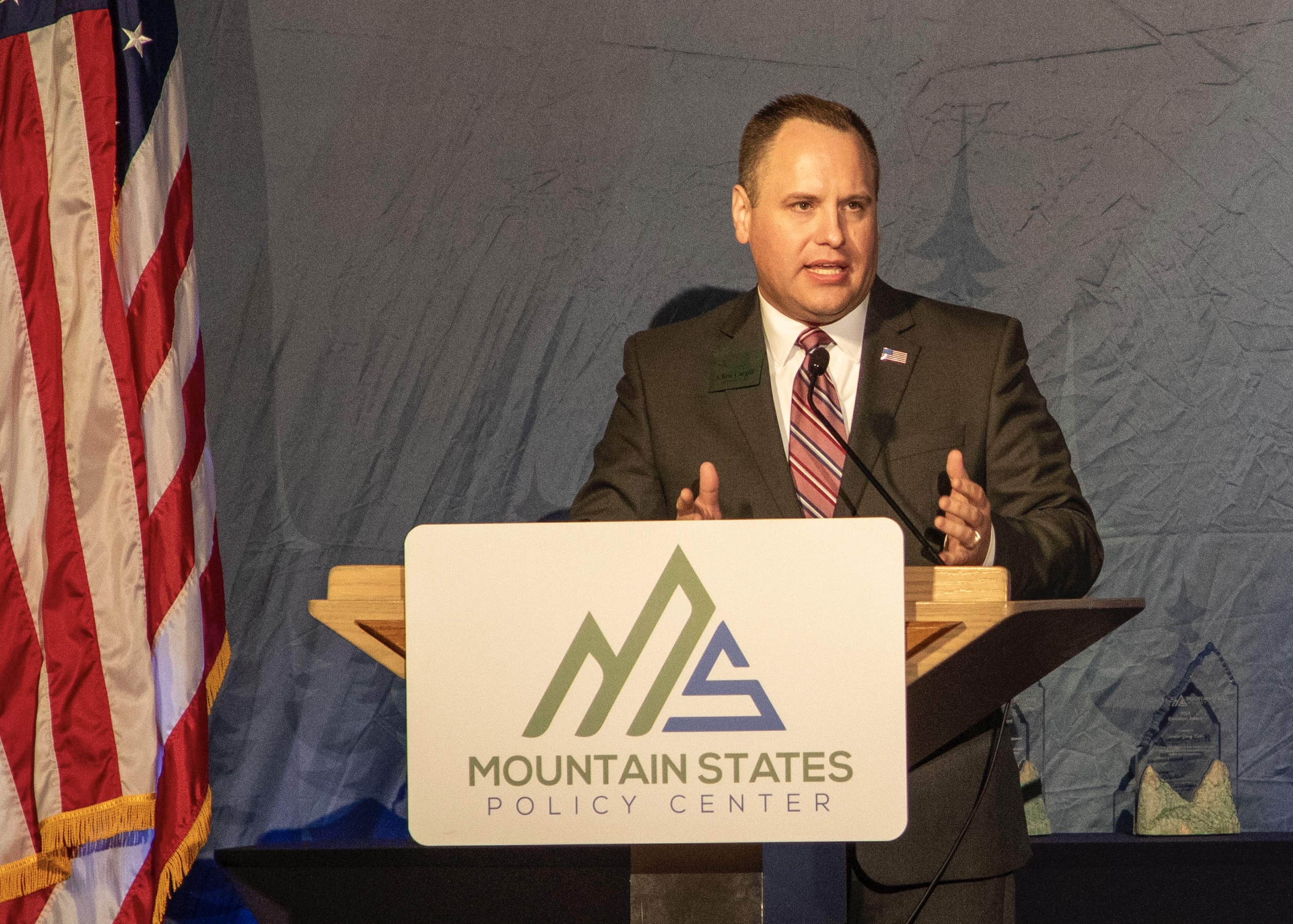Tired solutions won't help improve educational outcomes for kids
- Chris Cargill
- Nov 27, 2022
- 3 min read
Updated: Jul 21, 2023

Our ideas to improve public schools are getting a lot of attention.
Not only was my recent column printed in more than a dozen newspapers across the region, but former Idaho Attorney General Jim Jones also decided to pen his own column contending we were wrong and improving schools simply comes down to more money.
Unfortunately, this is an old, tired solution that has not proven very effective. We have to do better.
The column I wrote called for two things for students and parents: (1) more education options and (2) more transparency. Our concentration has been and will always be on improving educational outcomes for children and their families. The concentration can’t just be on the system, as Mr. Jones suggests.
Mr. Jones contends “the policy center calls for the Legislature to establish and fund universal education savings accounts, which parents could use to pay for private schooling for their children.”
This is inaccurate. Here’s what we actually said (emphasis added):
“The first step must be more options for parents. There are various ways to accomplish this. Arizona has become the first state to allow for complete and universal Education Savings Accounts (ESA’s). These tools allow parents to access at least some of the dollars set aside by the state to fund their child’s education.
For the sake of students, policymakers should be looking at additional ways to provide more educational freedom. It’s no longer just an idea – it’s a necessity.”
Arizona is one example. Education savings accounts are a great and effective tool, but education freedom can come in all shapes and sizes.
Even if the legislature were to adopt ESA’s, that doesn’t necessarily mean parents would use them to pay for private schooling. It could be used for afterschool tutoring that might supplement public schooling. It might also be used by parents struggling financially to add more educational resources at home. Special needs parents might use it to get their children the extra services they so desperately need outside the classroom. In the end, it puts parents back in charge. And legislators can create a program that works best for Idaho.
Mr. Jones seems to threaten that, if the legislature did adopt more choices for children and families, it would “give rise to a citizen lawsuit against the state.” If lawmakers decided to start by allowing ESA access for special needs children, it’s hard to imagine a cold-hearted response like a lawsuit.
Mr. Jones claims that “the [Idaho] Constitution clearly commands that no public money ever be used for religious schooling.” He fails to mention this provision got its roots in anti-Catholic bigotry. It was indeed placed in several state constitutions at the time of statehood, including Idaho. Fortunately, the U.S. Supreme Court has struck down these discriminatory laws. As the Institute for Justice writes, “these obstacles to educational freedom are now largely a dead letter.”
Surprisingly, Mr. Jones also dismissed our calls for budget transparency, claiming “perhaps school patrons could simply ask that the information be provided in summary form or take the time to peruse the reports.”
This might be easy for those who are retired or who can understand a confusing school budget, but it’s a mean-spirited dismissal of working parents who want a better understanding of the needs and current assets in their local school district.
It’s no longer good enough to simply say all problems would be solved if only the system had more money. States that spend the most don’t necessarily have the best outcomes, and states that spend the least don’t have the worst outcomes.
The majority of other states, including the District of Columbia, offer various education freedom options for families. They recognize that one size does not fit all and that we must be willing to try new things to improve educational outcomes for all children. It’s also paramount that we make it easier for parents to be involved and understand what’s happening in their local schools.
Education is supposed to be about the kids, right? Let's not forget that.







Comments